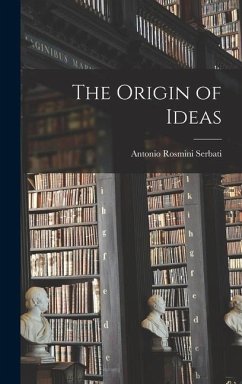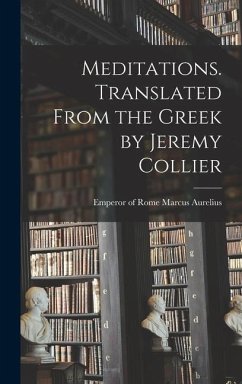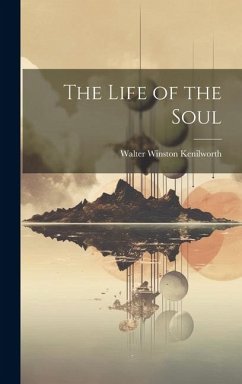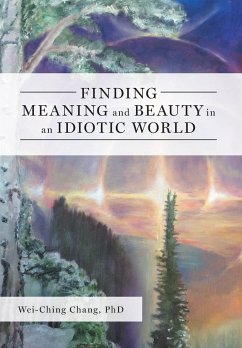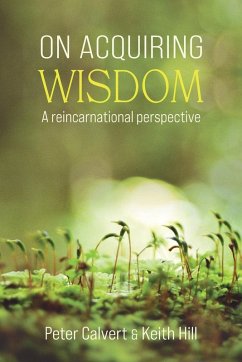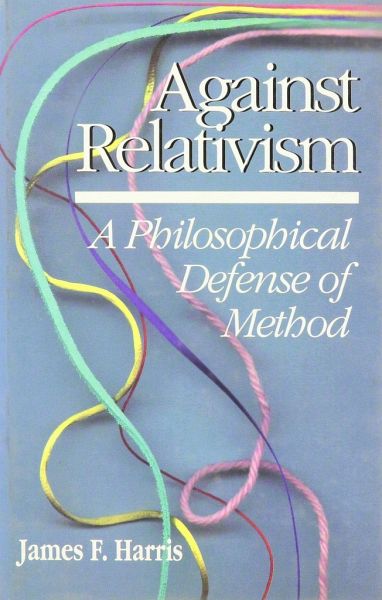
Against Relativism: A Philosophical Defense of Method
Versandkostenfrei!
Versandfertig in über 4 Wochen
40,99 €
inkl. MwSt.

PAYBACK Punkte
20 °P sammeln!
The Western intellectual tradition has identified rational thinking with he purely logical, excluding other kinds of thinking (such as thinking by analogy, correlation, imaginative simulation) from philosophy, without denying their indispensability in the conduit of life. The central argument of 'Unreason Within reason' is that it is this endeavor to detach the logical from other kinds of thinking which has led to the present crisis of rationality, in which reason seems everywhere to be undermining its own foundations. The concepts from which logical thinking starts are inescapably rooted in t...
The Western intellectual tradition has identified rational thinking with he purely logical, excluding other kinds of thinking (such as thinking by analogy, correlation, imaginative simulation) from philosophy, without denying their indispensability in the conduit of life. The central argument of 'Unreason Within reason' is that it is this endeavor to detach the logical from other kinds of thinking which has led to the present crisis of rationality, in which reason seems everywhere to be undermining its own foundations. The concepts from which logical thinking starts are inescapably rooted in the spontaneous correlation of the similar/contrasting and contiguous/remote, which according to Jacobsonian linguistics, structures the sentences analyzed by logic. Logical thinking can turn back on itself to criticize the correlations but cannot detach itself to replace them by logically impregnable foundations. No mode of thinking -- poetic, mythical, mystical -- is inherently irrational; the function of the logical is not to replace them but to test them. Graham finds this approach relevant to the fact/value and egoism/altruism problems in moral philosophy and to the epistemological of conflicting conceptual schemes, as well as to the situating myth and mysticism in relation to philosophy and to the development of a variety of perspectivism clearly distinguishable from relativism. Graham pays special attention to Nietzche and Bataille, as representative critics of rationalism, and to Chinese philosophy, as a tradition which has not isolated the logical from other kinds of thinking. Graham's' engagement of classical Chinese and western sensibilities provides a novel context within which to reconsider issues raised by Derrida's critique of logocentrism and the new Pragmatism of Davidson and Rorty.




